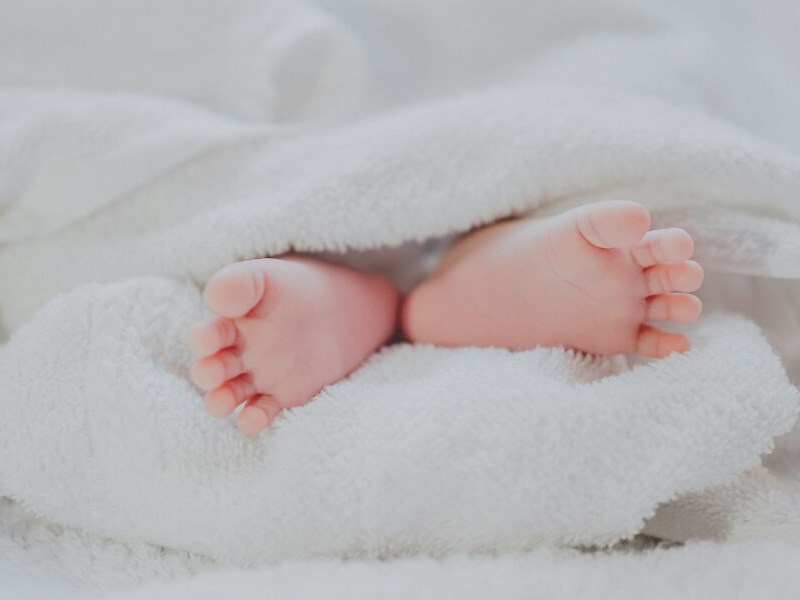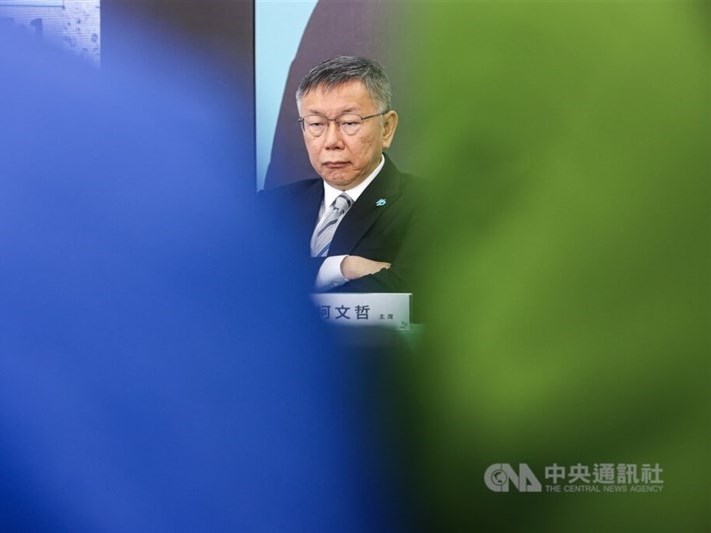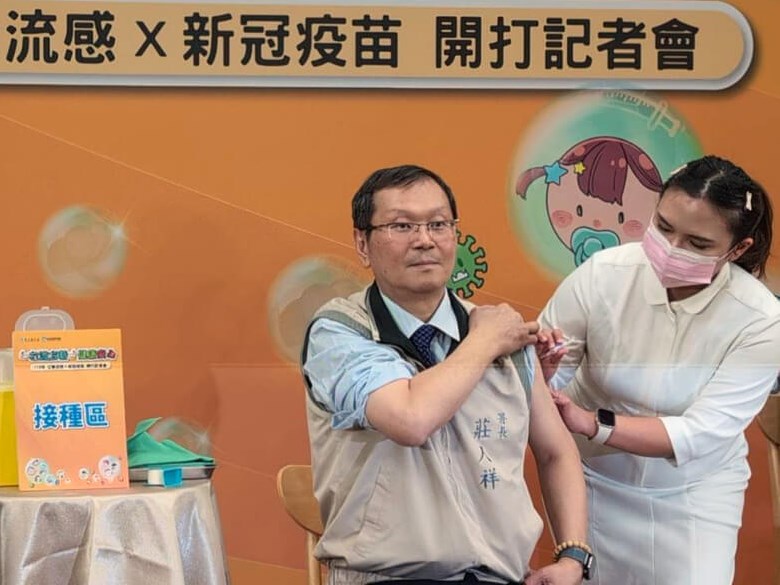Starting Thursday, Taiwan will fully reinstate the visa-exempt entry program for passport holders from 65 countries suspended during the COVID-19 pandemic.
(Full text of the story is now in CNA English news archive. To view the full story, you will need to be a subscribed member of the CNA archive. To subscribe, please read here.)
More in Q&A
-
![Why is Taiwan's Legislature suddenly talking about cousin marriage?]() Why is Taiwan's Legislature suddenly talking about cousin marriage?Taiwan's Legislative Research Bureau recently issued a report analyzing the possible relaxation of kinship marriage laws, following the high-profile case of a couple in Kaohsiung whose marriage was retroactively dissolved.11/25/2025 05:52 PM
Why is Taiwan's Legislature suddenly talking about cousin marriage?Taiwan's Legislative Research Bureau recently issued a report analyzing the possible relaxation of kinship marriage laws, following the high-profile case of a couple in Kaohsiung whose marriage was retroactively dissolved.11/25/2025 05:52 PM -
![What is Core Pacific Case, how is TPP Chairman Ko involved?]() What is Core Pacific Case, how is TPP Chairman Ko involved?The high-profile detention of former Taipei mayor and incumbent Taiwan People's Party (TPP) Chairman Ko Wen-je (柯文哲) was extended for another two months on Friday, as prosecutors continue their investigation into alleged corruption known locally as the "Core Pacific City case."11/01/2024 07:32 PM
What is Core Pacific Case, how is TPP Chairman Ko involved?The high-profile detention of former Taipei mayor and incumbent Taiwan People's Party (TPP) Chairman Ko Wen-je (柯文哲) was extended for another two months on Friday, as prosecutors continue their investigation into alleged corruption known locally as the "Core Pacific City case."11/01/2024 07:32 PM -
![Taiwan's free flu and COVID-19 vaccination program]() Taiwan's free flu and COVID-19 vaccination programTaiwan kicked off its free influenza and COVID-19 vaccination program at hospitals and other medical facilities across the country on Tuesday.10/01/2024 03:58 PM
Taiwan's free flu and COVID-19 vaccination programTaiwan kicked off its free influenza and COVID-19 vaccination program at hospitals and other medical facilities across the country on Tuesday.10/01/2024 03:58 PM
Latest
-
Society
Worker dies in Innolux workplace accident in Tainan
02/22/2026 07:16 PM -
Society
Taipei's Grand Hotel warns of possible data breach after cyberattack
02/22/2026 05:53 PM -
Business
Foxconn, HCL break ground on NT$13.1 billion chip plant in India
02/22/2026 05:40 PM -
Business
Taiwan should prepare response to possible U.S. Section 301 probe: Scholar
02/22/2026 05:36 PM -
Culture
Czech author reflects on cultural erasure under authoritarian rule
02/22/2026 04:35 PM


